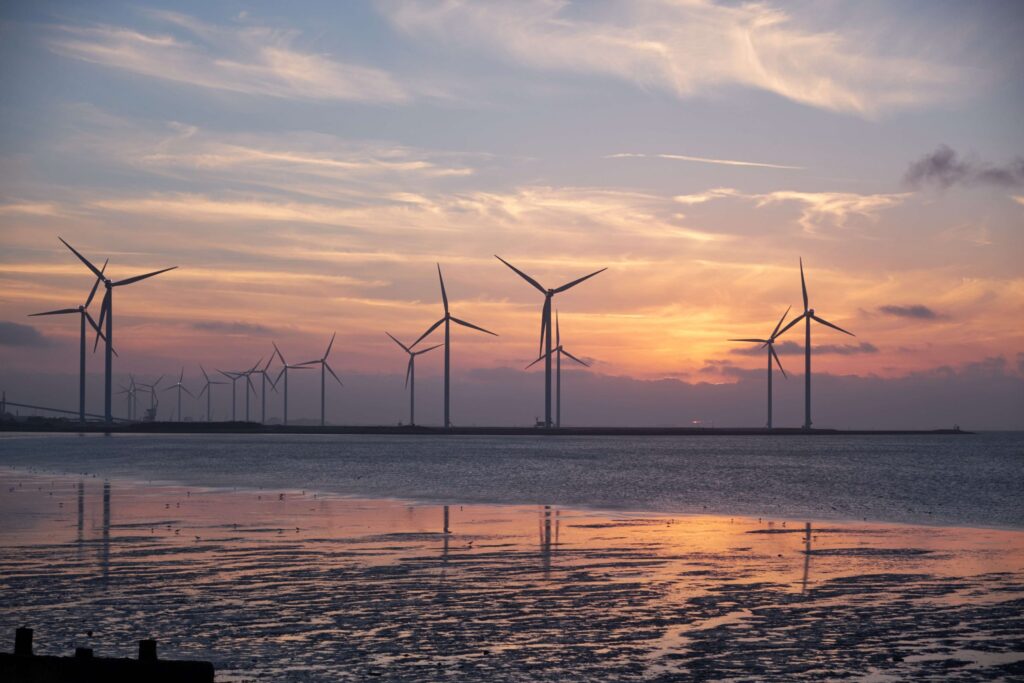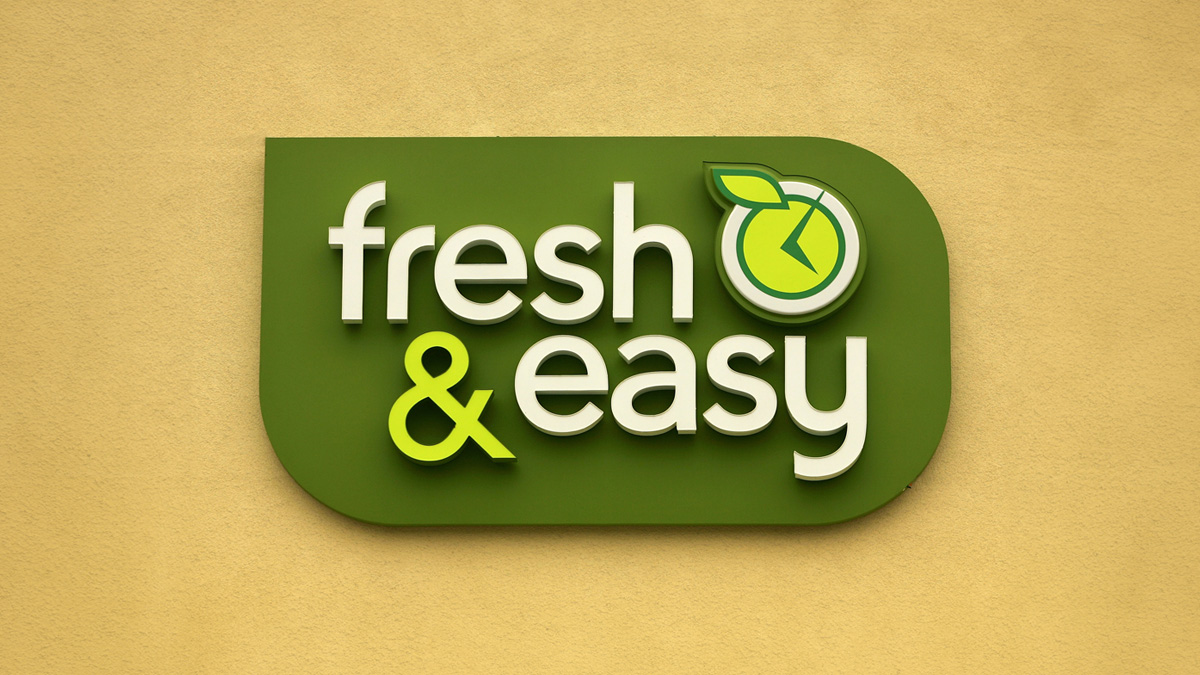25 sustainable UK companies that are out to save the planet

You can’t escape it in the news: climate change is upon us. Resources may be scarce, biodiversity may be threatened, and the situation may be dire – but here is a list of 25 UK businesses which are doing their bit to save the planet.
1. Aerial Power

London-based Aerial Power has created a drone-based system for cleaning solar panels. The Unmanned Aerial Vehicle (UAV) is self-flying, making the system more efficient, cheaper, and more environmentally friendly than traditional cleaning methods. It could have big implications for solar farms in arid regions of the world, where there is an abundance of sun but the build-up of dust prevents the panels from working properly.
2. Ananas Anam

Ananas Anam created Piñatex, a natural and sustainable textile produced from pineapple leaves. The production of leather and synthetic alternatives is damaging to the environment; Piñatex is made from a natural agricultural waste product, creates low water use and low production waste, and contains no harmful chemicals or animal products.
3. BBC Earth

Following the global success of Blue Planet II, BBC Earth teamed up with Mother of Pearl to launch a sustainable fashion brand at this year’s London Fashion Week. From June, a line of evening wear made from organic silk and inspired by nature will be sold at Net-a-Porter.
Much of Blue Planet II focused on the impact we are having on the world’s oceans. The fast fashion industry alone causes a huge amount of damage to the planet – and this is just one of the brands which offer shoppers an alternative.
4. bio-bean

bio-bean recycles waste coffee grounds to make Coffee Logs. Each carbon-neutral log is made from the grounds of 25 cups of coffee and burns 20% hotter and longer than kiln-dried wood. Repurposing coffee waste generates 80% less emissions than if the grounds go to landfill.
bio-bean’s ethos is that there is no such thing as waste – only resources in the wrong space.
5. BuyMeOnce

Most online shopping sites want to you buy as much as possible. Not BuyMeOnce – this online store is all about waste reduction.
These days, products are not made to last (looking at you, Apple). Consumers buy products for cheap prices then throw away and replace them when they inevitably fall apart. BuyMeOnce offers shoppers a curated selection of gifts, homeware, clothing, and beauty products that are built to last for the long term, including a collection with a lifetime guarantee.
6. Celtic Renewables

Based in Edinburgh, Celtic Renewables is the first company to create biofuel from whisky by-products. Only 10% of what flows out of a distillery is future whisky: the rest is mainly draff and pot ale. Celtic Renewables combines these by-products to create high-value renewable products, including biobutanol.
The whisky industry produces an estimated 1,600 million litres of pot ale and 500,000 tonnes of draff each year. That’s a lot of alternative fuel.
7. Crické

With the meat industry under fire for its contributions to climate change, there is an urgent need to find sustainable protein alternatives. Crickets need 0.05% of the water than cows do to produce the same amount of protein. 200m2 are needed to produce 1kg of beef; 15m2 for 1kg of crickets. And crickets produce 1% of the greenhouse gases that cows produce.
They have more protein than beef, more iron than spinach, and more calcium than milk. And now they come in the form of snackable crackers and tortilla chips, courtesy of Crické.
8. Greenhouse PR

Greenhouse PR focuses on PR with a purpose. The independent agency focuses on companies and NGOs which are out to make positive change.
They’ve run campaigns on launching the UK’s first lentil harvest; cleaning up baby food ingredients; and advancing the smart energy grid. As a certified B Corp, Greenhouse PR practices what they preach.
9. Green Tomato Cars

Green Tomato Cars are out to clean up the Big Smoke. Having been the first taxi operator to use the Toyota Prius way back in 2006, they are now pioneering fully zero-emission corporate transport with the UK’s largest fleet of hydrogen fuel cell EVs.
As London’s eco-friendly taxi service, the company has a fleet of 600 hybrid vehicles which together complete 10,000 journeys a week. As an added bonus, the cars’ (limited) emissions are offset by the company’s project in Uganda which subsidizes fuel-efficient cookstoves. They also plant almost 200 trees a year as a community initiative.
10. Grow Bristol

Grow Bristol is leading a movement for smart urban farming. Through indoor vertical farms which use hydroponics and a controlled environment, Grow Bristol can produce high-quality, local produce all year round – without pesticides and without harming the environment.
Watch this space – these could be the farms of the future.
11. Igloo

Igloo doesn’t offer renewables – yet – but what they do offer is smart energy. The company uses technology to empower customers and help them understand their energy usage in order to limit waste.
In January, Igloo launched an EV charging app in partnership with Tesla. The app links a customer’s EV and Igloo accounts and then automatically charges the vehicles in times when carbon emissions are at their lowest – for example, during periods when the National Grid is powered by renewables.
12. Kabloom

Kabloom sells products which are unabashedly fun as well as eco-friendly. ‘Seedboms’, shaped like grenades, are biodegradable packages filled with themed selections of seeds. There’s a catnip seedbom, a butterfly bom, and a pollinator beebom. It’s pretty simple really: you soak it, throw it, grow it.
You can be good and grow them in your own garden, or you can be better and try guerrilla gardening – seedboming neglected public spaces to make them greener and help local wildlife.
13. Kelda Technology

With the UN predicting a 40% global water deficit by 2030, Kelda Technology is out to design the world’s most efficient shower system. Kelda’s Triple-E Technology uses half the water and heating of a standard shower while offering 2.4 times the spray force.
14. Leon Restaurant

Leon Restaurants pride themselves on sustainability. They focus on seasonal, local produce; limit meat on the menu; and are in the process of reducing their plastic use.
Leon takeaways are served in compostable packaging and the company replaced plastic straws and cutlery this year with biodegradable alternatives. What’s more, over one-third of the menu is vegan, and over two-thirds of dishes are vegetarian.
15. Lush

Lush has put a lot of effort into building an environmentally conscious brand. It invented the first solid shampoo bar and offers packaging-free products in-store. It is also in the process of eliminating palm oil from its products.
Lush has an extensive vegan range, is against animal testing, and regularly offers limited-edition products to raise money for good causes.
16. MacRebur Roads

MacRebur Roads are tackling two problems: the build-up of plastic waste around the world, and the cost and danger of low-quality roads. By mixing non-recyclable plastic waste with asphalt, MacRebur Roads creates more durable road surfaces and helps to build a circular economy.
For each kilometre of road, they use the equivalent weight of 684,000 bottles or 1.8 million single-use plastic bags. One tonne of MacRebur mix contains the equivalent of 80,000 plastic bottles.
17. One Planet Pizza

Whatever your thoughts on veganism, the facts remain: the meat and dairy industries are accelerating climate change. Yet the thought of giving up pizza… it’s almost too much to contemplate.
Enter: One Planet Pizza, the UK’s first frozen vegan pizza company. One Planet Pizza adds nutritional boosts to its pizzas, uses compostable and carbon-neutral boxes, and produce pizzas with 45% of the carbon footprint of non-vegan pizzas.
18. Pavegen

Image: Pavegen
Pavegen has created a smart flooring solution which converts footsteps into electricity. As people walk across the Pavegen system, the weight from their footsteps compresses electromagnetic generators below, producing 2 to 4 joules of off-grid electrical energy per step.
It may not sound like much, but imagine Pavegen tiles in the world’s busiest buildings and transport hubs.
19. PensionBee

Fintech company PensionBee helps users to consolidate all their pensions in one pot. Users pick from a selection of plans, including a tracker plan, a Shariah plan, and one that tailors your risk level to your age.
Introduced in 2017 following requests from customers who asked for a product that enabled them to invest more responsibly without sacrificing their pension, PensionBee’s Future World Plan allocates more of its money to companies that generate revenue through low-carbon activity. The plan’s money manager, Legal & General, actively engages with companies the fund invests in to drive positive change.
20. Snact

Launched in shops in 2015, Snact use food-waste fruit, which would otherwise we destined for the bin, to create dried fruit jerky. In 2016, Snact made the switch to compostable packaging, too.
Snact added banana bars to their range in 2017. All of Snact’s products are vegan, gluten-free, and high in fibre.
21. Toast Ale

Image: Mark Wesley
Did you know that 44% of bread is wasted? Yorkshire-based Toast Ale wants to put that waste to work.
Their award-winning beer is brewed with unsold loaves from bakeries and unused crusts from sandwich makers. The only other ingredients are hops, yeast and water.
Toast Ale also gives 100% of their profits to Feedback, an environmental charity campaigning to end food waste.
22. The Travelling Bee Company

This honey company believes that happy bees make the best honey. For them, that means bees on tour.
The Travelling Bee Company bundle their bees into the Bee-Mobile and take them to set up hives across Northumberland, the North East, and Argyll, Scotland. The happy bees get to experience areas of great biodiversity, and plants across the regions get a pollination boost.
23. Triodos Bank

Triodos Bank’s proposition is that it only lends money to organisations which make a positive impact to society – whether that be socially, culturally, or environmentally. For customers who worry about transparency, Triodos publishes details of all the loans it makes on its website.
Triodos offers savings accounts, investment funds, ISAs, crowdfunding, business loans, and now a current account.
24. Worn Again Technologies

We already know that fast fashion is killing the planet. The people at Worn Again Technologies believe there are already enough materials in circulation to satisfy our clothes production needs. Currently less than 1% on non-recyclable textiles are repurposed for new clothing.
Worn Again Technologies’ polymer recycling technology can separate, decontaminate and extract polyester polymers, and cellulose from cotton, from non-reusable textiles and PET bottles and turn them back into new textile raw materials.
25. Wyatt & Jack

Another upcycling company, Wyatt & Jack creates sustainable bags and accessories from upcycled beach deckchair canvas and retired bouncy castle vinyl PVC.
Based on the Isle of Wight, all of Wyatt & Jack’s products are made in their Bembridge workshop. Their clients include Jack Wills, Thomas Cook and the National Trust.
Related News:




